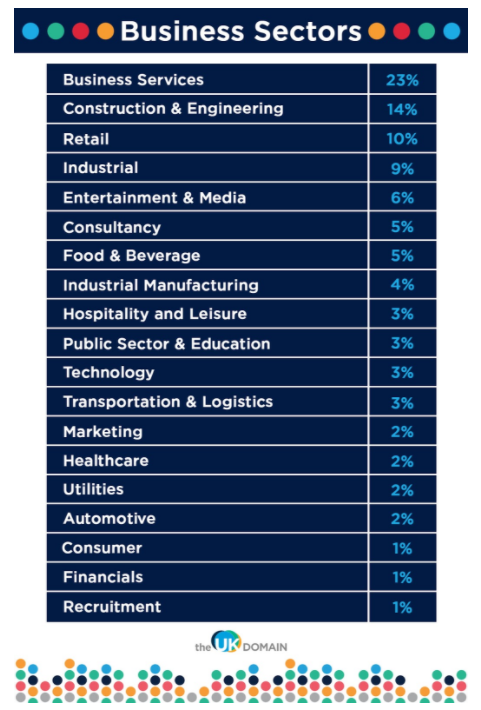18 September 2020 | Updated 25 September 2020
Business invoice payments have undoubtedly been disrupted by the impact of COVID-19, with some industries and regions already affected more than others.
It’s no surprise that many companies have reprioritised out-payments as they deal with issues at hand, however this has the knock-on effect of breaking many contracts and contributing to the backlog for court where debt collection fails. Even high profile cases are feeling the delays caused by socially-distanced judging and the period of non-operation. By contrast with some parts of the civil justice system, technology has not provided solutions to enable trials to go ahead in the magistrates’ courts and the Crown Court at anything close to normal levels.
Aside from the legal system struggle, many businesses without substantial financial reserves may be seriously affected by late or missed payments, when committed work doesn’t go ahead because of pandemic regulations. It is also likely however that the clients are not able to see returns on their investments– undoubtedly both sides of many deals are similarly affected and troubled.
Invoice Complaints in Business Sectors
The UK Domain, the online business resource, submitted a Freedom of Information request to the Small Business Commissioner (SBC) to reveal the locations and business sectors most impacted by unpaid invoices in the private sector. Between December 2017 and 8 July 2020, there were 429 complaints made relating to unpaid or late invoices. Furthermore, the data revealed the business sectors that were most affected by late or unpaid invoices.
The highest percentage of invoice claims were from Business Services (23 per cent). According to the SBC, Business Services is any service that supports commercial activity. This could include advisory services, reprographics, design, promotions, HR advice, Health and Safety, marketing, consultancy and recruitment.
However, due to the relatively high number of cases in the consultancy, recruitment and marketing areas of business services, the SBC has subsequently begun recording complaints in these areas separately to enable them to drill down into this sector. The SBC said: “In a service-based economy, it is perhaps unsurprising that business services feature highly for the receipt of complaints”.
Following closely behind were those in the Construction and Engineering (14 per cent) and Retail sectors (ten per cent). Consumer, Financials and Recruitment (one per cent) on the other hand, were the sectors with the lowest amount of claims to the SBC.

Picture: A graphic showing percentages of which business sectors submitted late or missed invoice complaints
Locational Density
The regional data pinpoints the locations where businesses had the most trouble collecting their overdue invoices. Companies submitting the highest number of invoice complaints were those located in Greater London (12 per cent). This closely followed by West Midlands (nine per cent) and the North West (nine per cent). One per cent of invoice complaints were from those situated in Northern Ireland, Wales and Yorkshire. Businesses in the North East, on the other hand, had no unpaid invoice complaints submitted to the SBC.

Picture: A graphic map showing percentages of areas that submitted late or missed invoice complaints
Getting Invoices Paid
If these statistics were more month specific they might show an increase in traffic from February onwards (at the beginning of COVID-19 management measures in the UK). If the equivalent information is accessed for the next few years, we can suggest it will not look better in light of this year's economic issues– especially if there is a second lockdown. What can be considered most efficiently to act against this? The UK Domain has a few tips for concerned businesses:
- Set up payment terms that incentivise prompt payment – Either by setting a late payment fee or interest, or by offering a discount to those that pay you in advance of the invoice due date.
- Know when and how to chase up late invoices – Take a gentle approach to start, using a gentle nudge around the time of the invoice due date. If things continue a month after the due date, it may be time to consider taking things a little further.
- Have a plan for those that never pay on time – It may be that you have the same culprit time and time again missing invoice due dates. Make sure to have your clients sign an agreement stating that they will pay on time and include late fees or interest rates on late-payment.
Picture: A graphic of a document, stationery, calculator and coins
Article written by Bailey Sparkes | Published 18 September 2020
Share
Related Articles
Contractual Disputes – How to Deal with COVID-19 Litigation
As the UK goes in and out of lockdown, the legal system is braced for a sharp increase in contractual disputes. So much so, that the Cabinet Office has expressed concern,...
Read Full Article
Lockdown Air Quality Boost in Oxford Led to Reduced Asthma Hospital Stays
New research shows that asthmatics in Oxford had fewer hospital stays in 2020, largely due to reduced air pollution during the national lockdown.
Falling...
Read Full Article
What is Plan B and What Does it Mean For Workplaces?
Detailed in the UK Governments Autumn and Winter Plan, option B could see the re-introduction of masks and other restrictions. What does this mean for the newly...
Read Full Article
Missed and Anticipated – The Shift from Home Working
With "Freedom Day" on the 19th of July having come and gone, many offices can expect an influx of staff. However how prepared are those, that have enjoyed the...
Read Full Article
Security Contracts – Ensuring Success
When you're between contracts, how can you make sure the transition between security providers is a success?
Jason Pope from Expeditious Services looks at the...
Read Full Article
IWFM and NEC Launch Final Edition Procurement Suite for FM Sector
NEC, the construction industry’s leading procurement contract suite, and the Institute of Workplace and Facilities Management, IWFM, have launched the new...
Read Full Article
The Tendering Landscape in the UK – Everything You Need to Know
The global COVID-19 pandemic has significantly influenced socially distant selling and tendering is no exception.
Tendering perfectly suits businesses looking for ways...
Read Full Article
Five Tips to Minimise Mould Risk After Lockdown
The temporary shutdown of a building can create hazards for returning occupants, one being mould where there is humidity and lack of ventilation.
Stuart Kerr,...
Read Full Article
The 2021 Roadmap to Returning to the Office
Giles Fuchs, CEO at Office Space in Town, reacts to Boris Johnson’s latest roadmap out of lockdown in England, and predicts what this will mean for the return to...
Read Full Article
HVAC Legislation Loophole May Compromise Quarantine Hotels
A building intelligence specialist is warning that there is an HVAC legislation loophole within hotels which may facilitate the further spread of COVID within quarantine...
Read Full Article

.gif)

.gif)


.gif)






.png)

.png)
